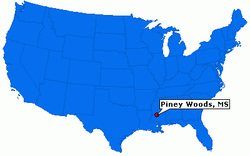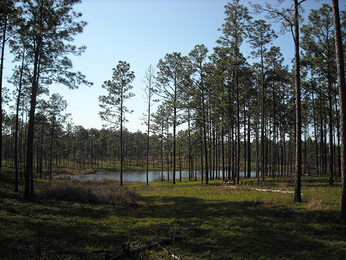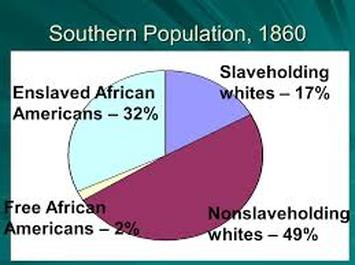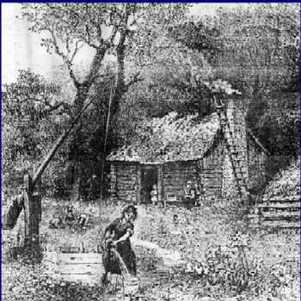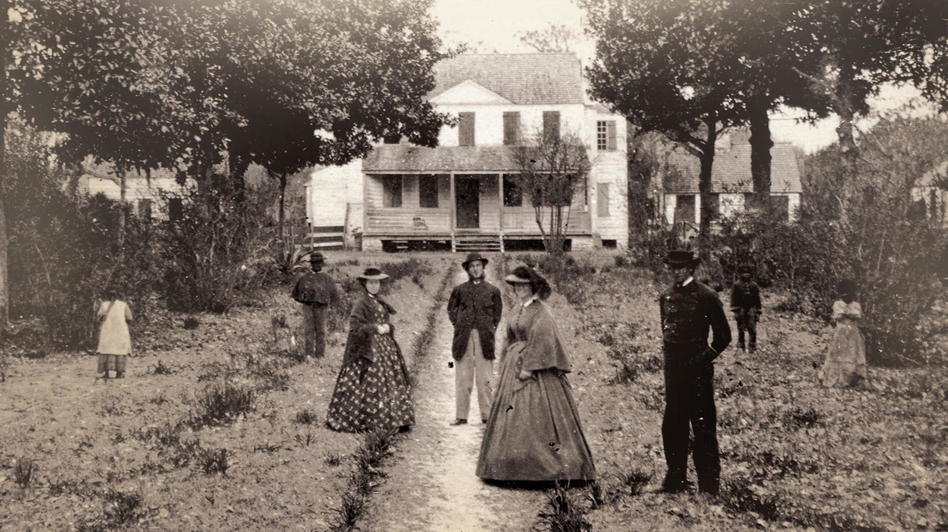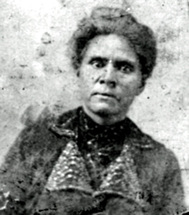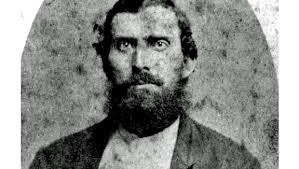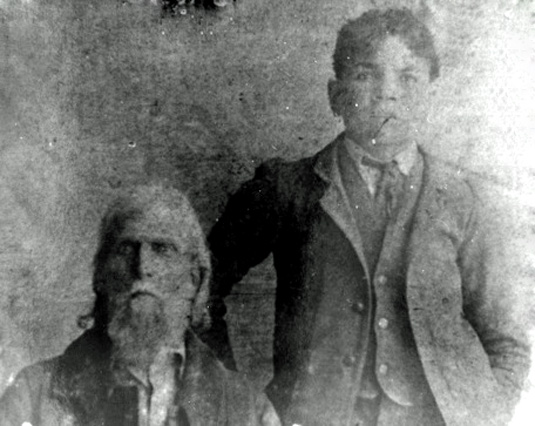Free State of Jones Pt.2
|
What's it all about?
The historical facts about the establishment of the free state of Jones during the American Civil War remain a matter of controversy despite the passage of a century and a half. What is agreed upon by historians is that in 1863 in the isolated Piney Woods region of Jones County, Mississippi, a group of Confederate soldiers deserted from the Southern army. Led by a local man, Newton Knight. These rebels with the Southern rebellion formed a guerilla-type band that gradually ruled the local area. They apparently seceded from the Confederacy, establishing an independent 'Free State' or 'Republic' of Jones in 1863. Even today in Mississippi, Knight is regarded as either a despicable renegade or a heroic figure fighting for his beliefs against tyranny and injustice. The Confederacy sent a cavalry unit led by Colonel Robert Lowry to crush this rebellion, but Knight's group survived until -and after - the Confederacy surrendered. Knight set up a mixed race community, and had a relationship with a former slave woman. What happened next is obscure, as local records and documents were destroyed in 1880 when the local courthouse burned down. Ever since descendants of Knight have argued bitterly over Knight's actions and what the 'free state' represented. More recently, historians see the Jones County affair as supporting their new focus on the 'forgotten' folk of the Confederacy: the slaveless poor white farmers and their wives and families. The bitter resentment of these people at the domination of the minority rich planter class not only showd itself in Jones County but in other parts of the Confederacy, especially the Carolinas. The Jones County affair illustrates several fascinating but overlooked aspects of the Civil War, especially the Confederacy: * it showed how the South's theory of secession as justification for leaving the Union has dangerous implications for the Confederacy ; * it highlighted the social and cultural tensions within the South, especially between slave-owning plantation holders and subsistence farmers without slaves; * it demolished the Southern myth that the Confederacy was united; * it revealed how coercive and ruthless the Confederacy could be in dealing with opposition within its ranks; * it reveals the role and influence of women within the South, a role which was increasingly directed against the Confederacy * it illustrates the Southern fear of miscegenation How and why did Jones County try to break away from the Confederacy? Who was Newton Knight and what was his role in establishing the 'free state' of Jones? |
Where is Jones County?
|
"I find there are two classes of white people in this country - the poor class and the wealthy or aristocratic class. The poor ones are very bitter against the others, charge them with bringing on the war, and are a,ways willing to show [Union troops] where the rich ones have hid their grain, fodder, horses etc. Many of them tell me it is a satisfaction to them to see help ourselves from the rich stores of their neighbours."
Union cavalry commander General Alfred Pleasanton, writing about the situation in Vurginia, 1862

